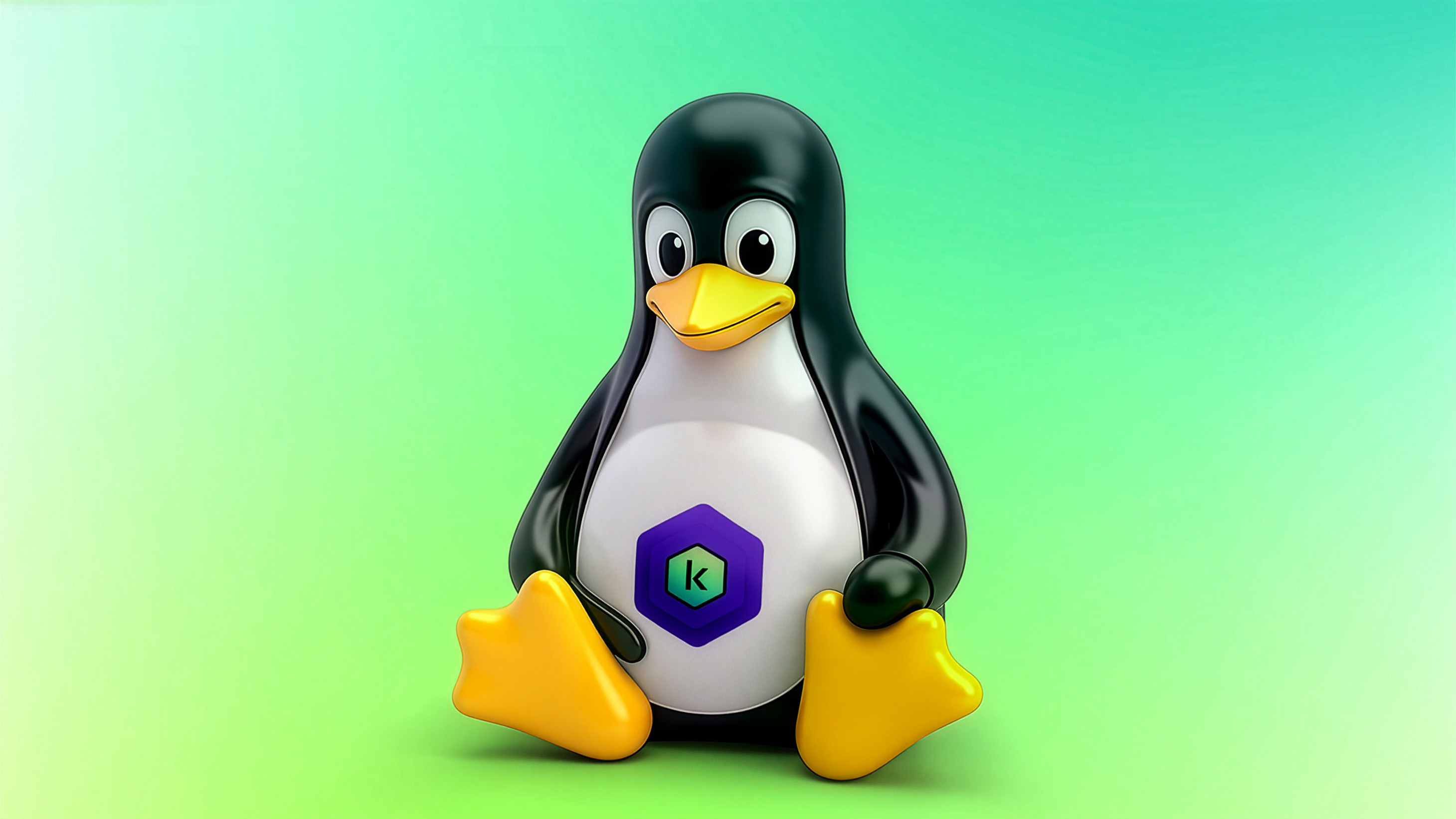Banned Russian antivirus maker Kaspersky rolls out new products — basic plan for Linux starts at $59.99 a year

Kaspersky, which is prohibited from selling its products in the United States due to national security concerns, has expanded into the Linux market. The Russian cybersecurity firm has ported its flagship antivirus software for Linux at an initial price of $53.99 for the first year, rising to $89.99 thereafter. With this new offering, Kaspersky is targeting Linux home users outside the United States.
It is widely recognized that Microsoft Windows constitutes the most predominant operating system targeted by infiltrators. Conversely, Linux and macOS are comparatively less susceptible, yet not entirely invulnerable. Nevertheless, Linux has been a frequent target for malicious actors, primarily because most servers and cloud providers worldwide run Linux. Given this trend, there exists an opportunity for cybersecurity firms to capitalize and offer antivirus protection to consumers. Kaspersky is consequently leveraging its reputation to introduce its antivirus software to the Linux market.
Kaspersky, like many other providers, offers tiered plans. Kaspersky Standard is the regular antivirus software; meanwhile, Kaspersky Plus and Kaspersky Premium are comprehensive internet security and total security solutions, respectively, with additional features such as a VPN, password manager, wallet protection, and more.
Regarding pricing for a single device, Kaspersky Standard starts at $59.99, while Kaspersky Plus and Kaspersky Premium cost $79.99 and $89.99, respectively. First-time Linux users are eligible for a discount of up to 40% for the first year.
Kaspersky Antivirus For Linux Pricing
Plans | Price Per Year | First-Year Price |
|---|---|---|
Kaspersky Premium | $89.99 | $53.99 |
Kaspersky Plus | $79.99 | $51.99 |
Kaspersky Standard | $59.99 | $38.99 |
Kaspersky for Linux supports 64-bit Linux distributions, including Ubuntu 24.04, ALT Linux 10, Uncom 2.3.5, and RED OS 7. The company provides its installer in DEB and RPM package formats. The minimum system requirements will be a joke to some. It asks for a Core 2 Duo 1.86 GHz processor, 2GB of memory, 1GB of swap space, and 4GB of available disk space.
Kaspersky emphasizes that the Linux version does not meet GDPR compliance standards. Like competitors, the company offers a 30-day free trial of Kaspersky for Linux, allowing you to evaluate the software before committing. At an annual cost of $59.99, Kaspersky for Linux presents a challenging proposition, particularly within a community where antivirus software is not a priority and political opinions are divided. Additionally, ClamAV—a widely-used, free, and open-source antivirus solution—remains prevalent within the Linux community.

Follow Tom's Hardware on Google News, or add us as a preferred source, to get our latest news, analysis, & reviews in your feeds.
Get Tom's Hardware's best news and in-depth reviews, straight to your inbox.

Zhiye Liu is a news editor, memory reviewer, and SSD tester at Tom’s Hardware. Although he loves everything that’s hardware, he has a soft spot for CPUs, GPUs, and RAM.
-
das_stig Problem with ClamAV, is that it's an on demand scanner with roughly 60% detection rate and very limited options, but as they say better than nothing, I have it enabled within OPNsense and C-ICAP scanning what it can.Reply
You would need to look at an alternative free/paid of Nortons, AVG, Bitdefender etc for a client machine -
das_stig Reply
Until Linux becomes the new target of choice and a mass wave of infections hit due to no protection.Nolandc said:Linux users know enough not to have to use an anti virus. -
uplink-svk Kaspersky Labs just need to take a page from 34 years old ESET 1 O 1 strategy manual. Just produce enough malware themselves for the platform. This'll force Linux users to look for an AVS solution. When it works for Slovak ESET and makes them Western #1 AVS, Kaspersky Labs shouldn't shy away from the practices of the best 🧠Reply -
Nolandc Reply
Viruses are usually self infected, having to usually install something to get one... So yeah don't need protection at all under normal conditions.das_stig said:Until Linux becomes the new target of choice and a mass wave of infections hit due to no protection.